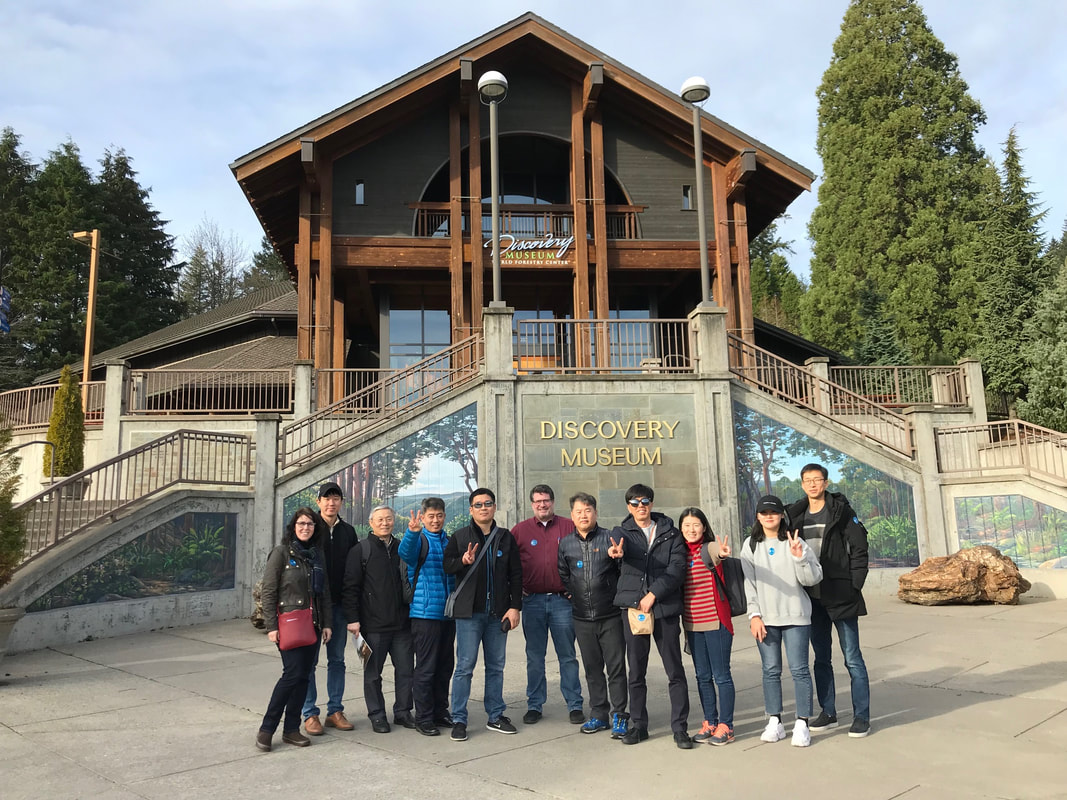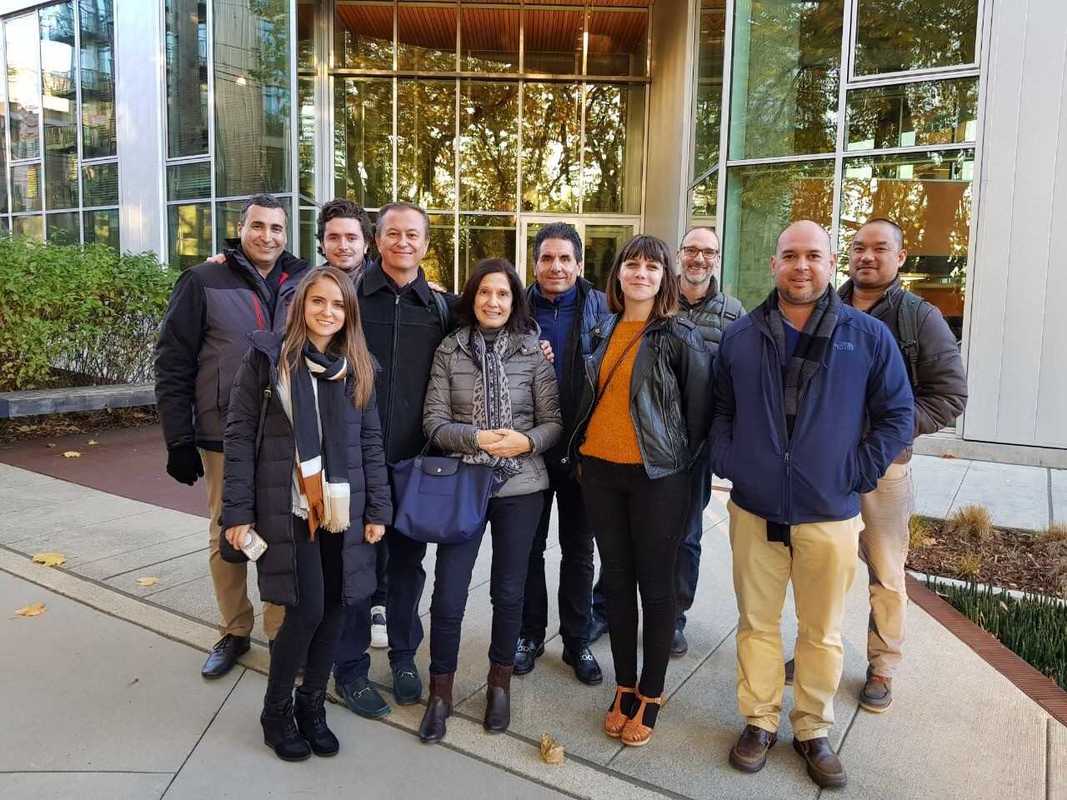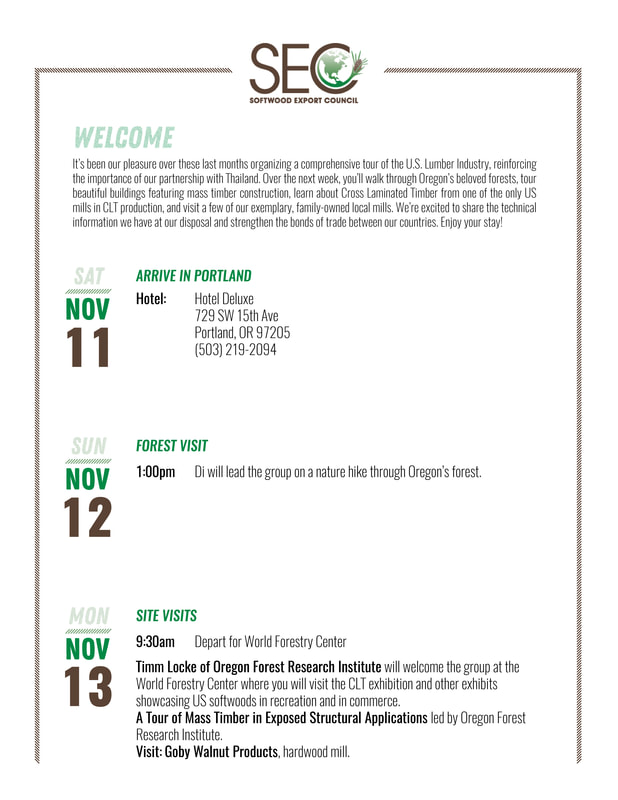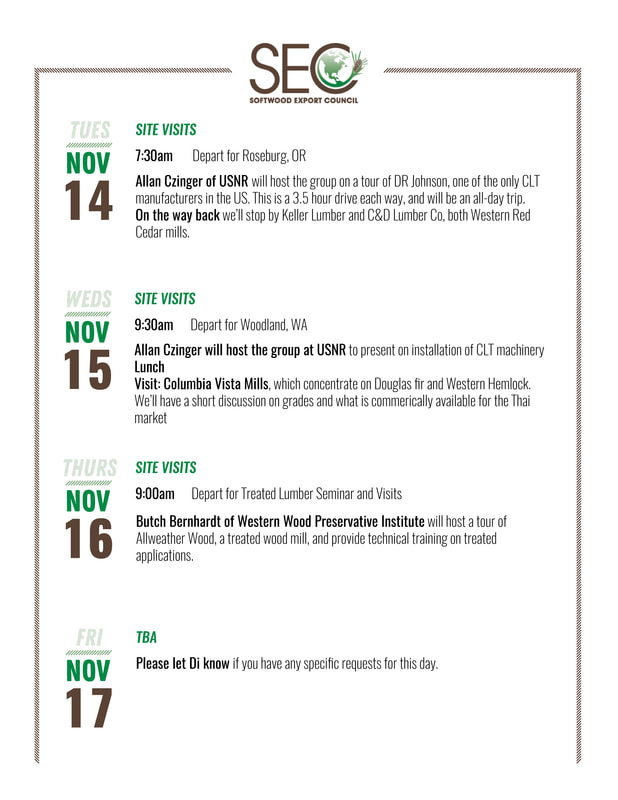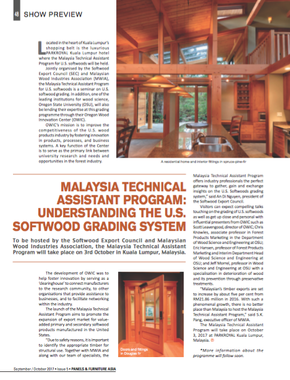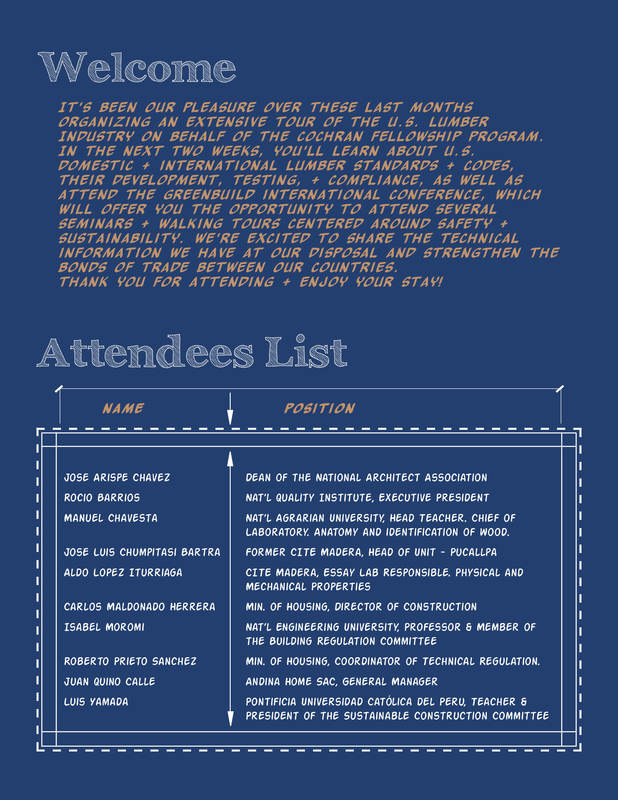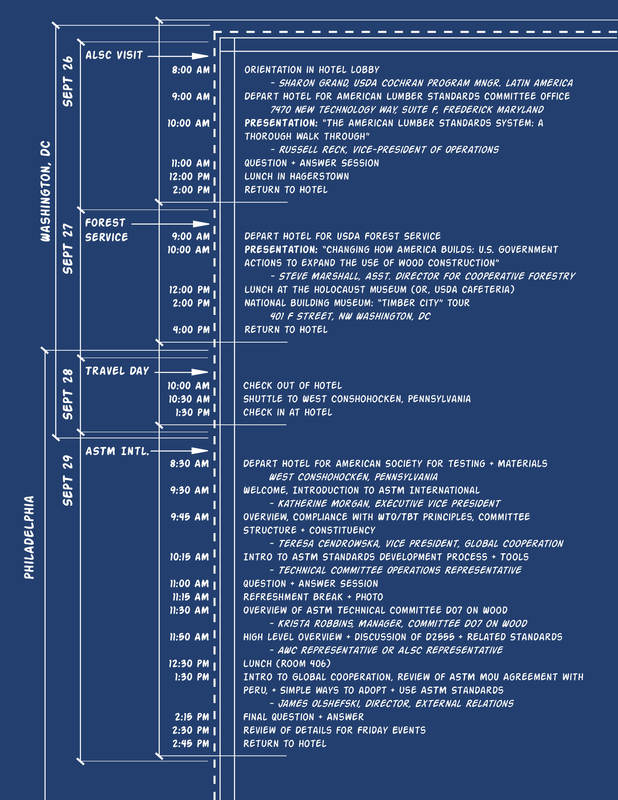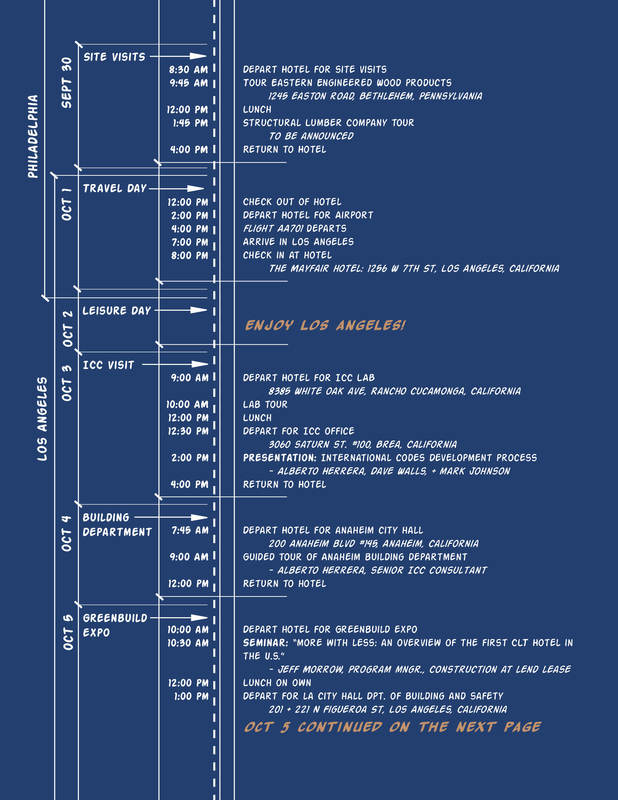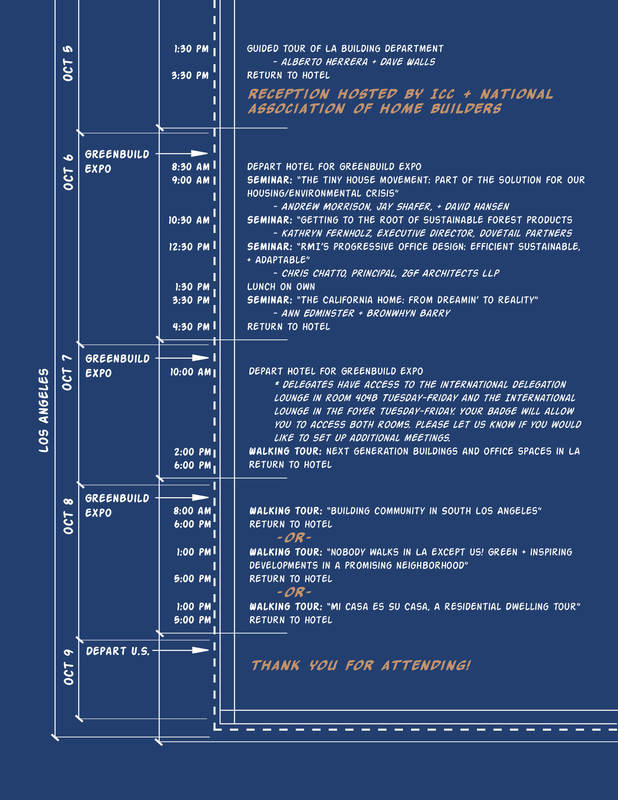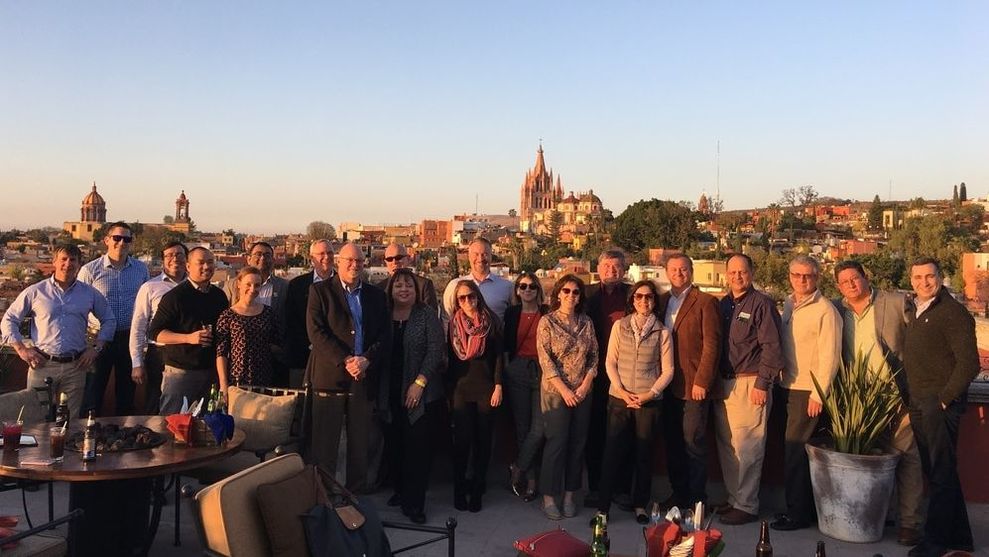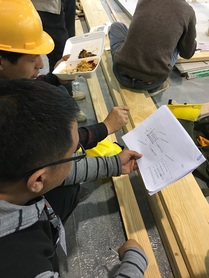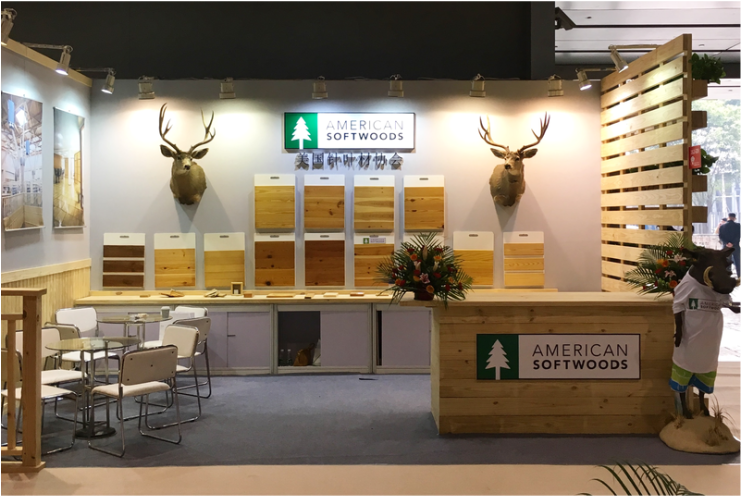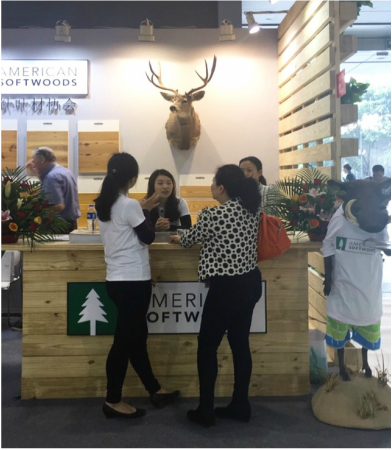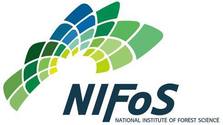Standards Committee, Western Wood Products Association, and the Pacific Lumber Inspection Bureau
met in Portland, OR with a delegation from the Korea Forest Service (KFS) and National Institute of
Forest Science (NIFoS) to discuss the Korea FQII quality labeling certification for imported softwood
lumber and U.S. manufacturing processes and quality control.
The regulation, introduced in August 2018, requires each shipment of imported softwood lumber
include a quality certificate issued by an international government or appointed organization. Each
country interested in legally exporting softwood lumber to Korea must apply for FQII through
KFS. Once an FQII application is initially approved, final approval requires inspection and testing of a
sample of U.S. mills by the Korean government authorized inspection agency (now the Korea Forest
Promotion Institute (KoFPI). Under the current law (which was enacted on May 1, 2018), every shipment
of imported lumber is to be inspected by KoFPI before its entry into Korea and then the inspection result
is marked on the lumber. While the law was enacted, is not being enforced and no international lumber
certification agencies have applied for FQII.
Following the formal meeting the U.S. and Korean representatives spent a day touring Sierra Pacific
Industries’ Centralia, Washington mill. During the mill tour and an on-site grading workshop, the Korean
delegation learned about softwood lumber manufacturing processes, grading, and quality control.
WWPA staff also accompanied the group to Oregon State University where the delegation visited the
forest products laboratory and toured a CLT building.
Later in the week SEC member, Oregon Forest Resources Institute arranged visits to mass timber
projects where the group met with the project architect to discuss engineering and design
considerations and project design.
As a result of the two-days of discussions with ALSC, WWPA, and PLIB, ALSC will continue to
communicate with NIFoS to see what additional information will be required to complete
the draft application that was provided by NIFoS. NIFoS will continue to review the draft application
supplied by ALSC and provide feedback on additional information required.

